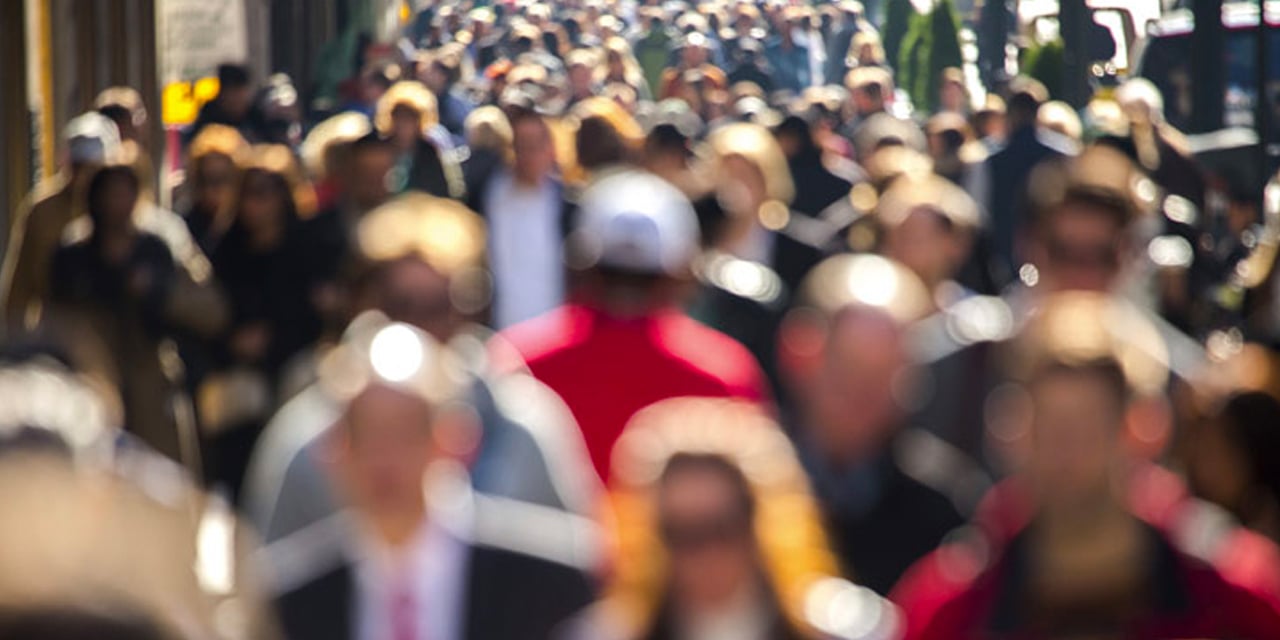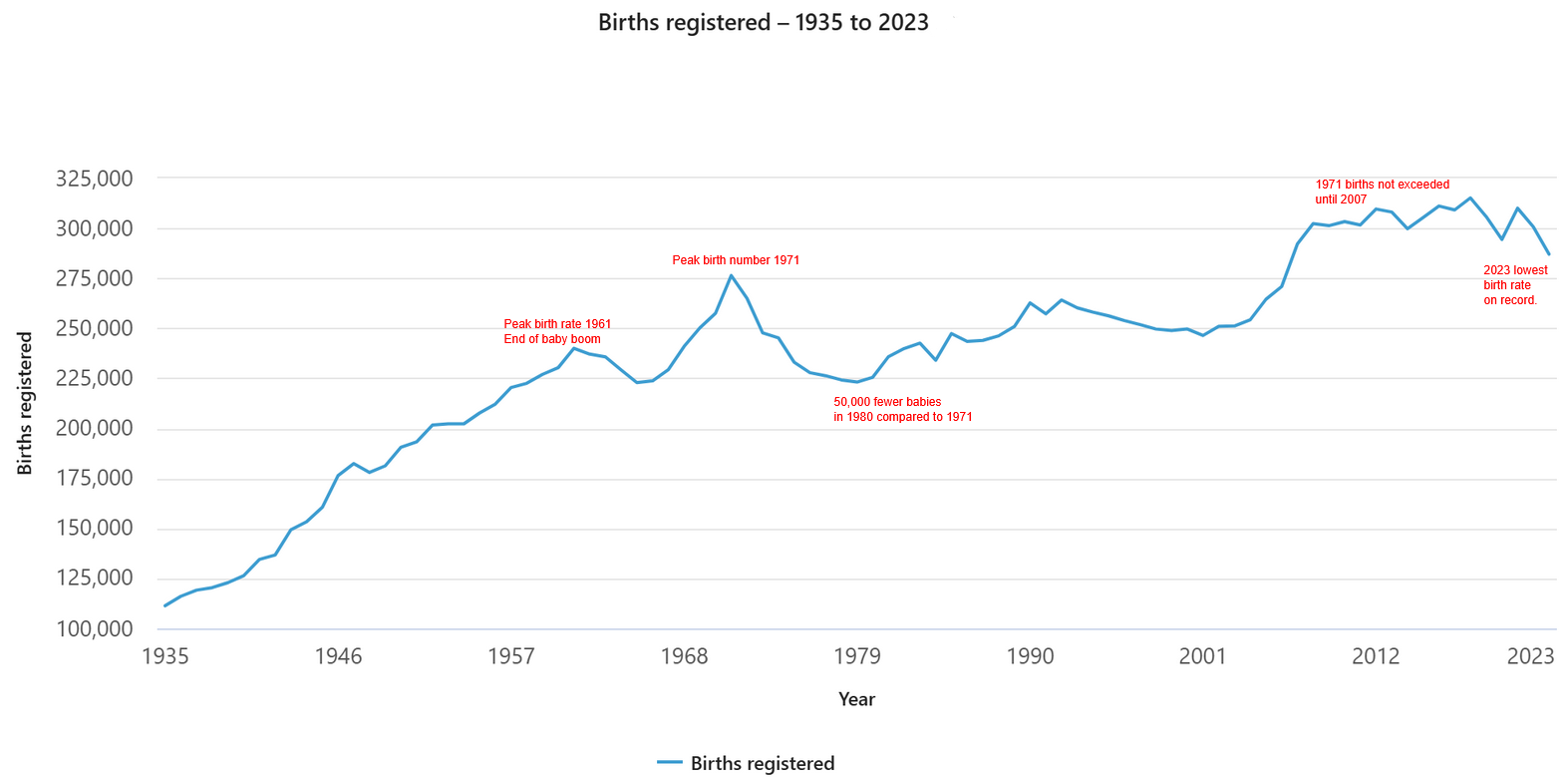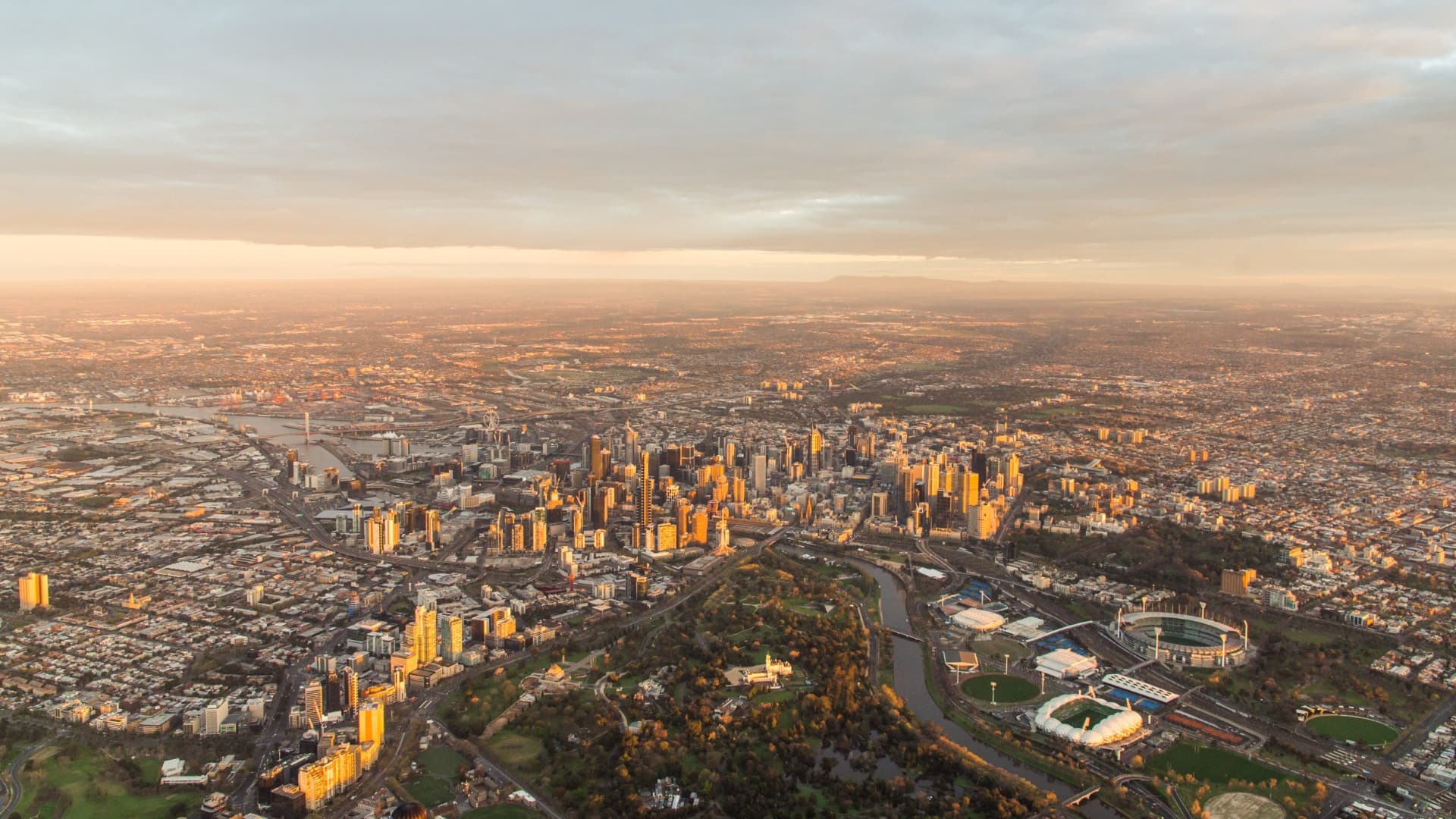I love Christmas, it’s my favourite time of year. I like the food, the tree, the carols and getting to spend time with my family. A couple of years ago, Rebecca wrote a fantastic blog on the number of people who celebrate Christmas in Australia. This year I thought we could have a bit of a look at Christmas globally, and the Christmas traditions for some of our larger migrant groups.
Firstly, how many people around the world celebrate Christmas? The best place to start is to have a look at how many Christians there are globally. According to the CIA World Factbook, 33.4% of the world’s population is Christian. So of the estimated 2014 population of 7,174,611,584 (7.2 billion), 2,395,602,808 or 2.4 billion are Christians. So we could assume that at least 2.4 billion people will in some way be celebrating Christmas on December 25. But I think the number would be considerably higher than this. For example, in traditionally Christian countries, those who do not follow a religion would most likely celebrate Christmas. Also, as Christmas becomes more commercialized, those in other countries have started celebrating Christmas in their own way, though may not be reflecting on the original message.
So now the fun bit… What are some of the Christmas traditions in the cultures of some of Australia’s largest migrant groups?
United Kingdom – This group accounts for 5.1% of the population of Australia, and if we look at ancestry, a whopping 42.6% of the Australian population have UK ancestry. I was lucky enough to spend Christmas in England last year, and many of the traditions are much the same as here, not surprisingly considering the levels of migration and ancestry. It is much, much colder though, so a hot roast dinner makes sense! There are also a lot of Christmas specials on TV and of course the Queen’s Message.
New Zealand – 2.2% of Australia’s population were born in New Zealand. Christmas in New Zealand is much the same as in Australia. The holiday has a special floral symbol, the pohutukawa.
China – Those born in China account for 1.5% of the Australian population and 4% of people report a Chinese ancestry. This group has grown rapidly in recent times. Christmas Day is not a public holiday in China, however many Chinese, especially the youth in urban centres partake in hanging stockings and exchanging presents.
India – 1.4% of Australia’s population were born in India. Christmas is still a public holiday in India, as it was a British colony. While only a small proportion of the population is Christian, many schools are still run by Christian missions and charities, so many children celebrate Christmas at school. Another common practice is to give sweets to your friends and neighbours. Indians are known to be avid cricket fans, so many will also be enjoying the Test series over this holiday period.
Italy – The Italians are a well-established migrant group in Australia, though only 0.9% of the country’s population were born there. However 4.3% of Australians have Italian ancestry. Italy is still predominately a Catholic country and Christmas celebrations start early in December. Christmas Eve is very important, with a family meal of seafood followed by special Christmas sweets such as panettone and panforte (yum!). Families then generally attend Midnight Mass together.
Vietnam – Close to 200,000 people in Australia were born in Vietnam. A few Christmas traditions remain in Vietnam, from their time as a French colony. The few Catholic churches in the country display nativity scenes or ‘creche’. A French Christmas sweet, buche de Noel is also popular, a chocolate cake decorated to look like a log.
Philippines – 0.8% of the population is Philippines born. The Philippines is predominately a Catholic country, so Christmas is big there. Families attend Midnight Mass together, then have a Christmas feast after midnight.
South Africa – Just under 150,000 Australians were born in South Africa. Christmas in South Africa is very similar to Australia, the UK and New Zealand. However, there is a preference for real fir trees rather than fake Christmas trees.
Malaysia – 0.5% of Australia’s population were born in Malaysia. Christmas Day is a public holiday in Malaysia though the celebration is highly commercialized, with gift giving occurring among friends. As Malaysia is mainly an Islamic country, the government has been accused on some occasions of banning the religious symbols of Christmas such as carols.
Germany – While the percentage of population born in Germany has been declining (currently 0.5%), close to 1 million Australians have German ancestry. Germans start getting into the Christmas spirit weeks before the big day. Large Christmas markets are set up in the town squares of most cities, which sell traditional Christmas foods and drink, and handmade gifts (I can personally attest to wonderful gingerbread and mulled wine!). Families celebrate together on both Christmas Eve and Christmas Day.
Of course there are many other religions and cultural groups that are having celebrations around the same time as Christmas. All of us here at .id would like to wish everyone a Merry Christmas, Happy Channukah, Happy Festivus, Joyous Kwanzaa and a safe and happy New Year.











